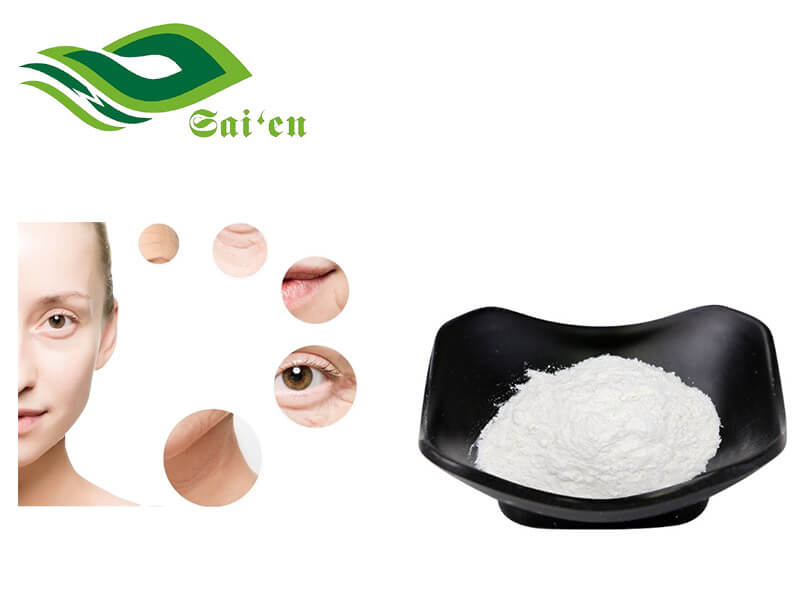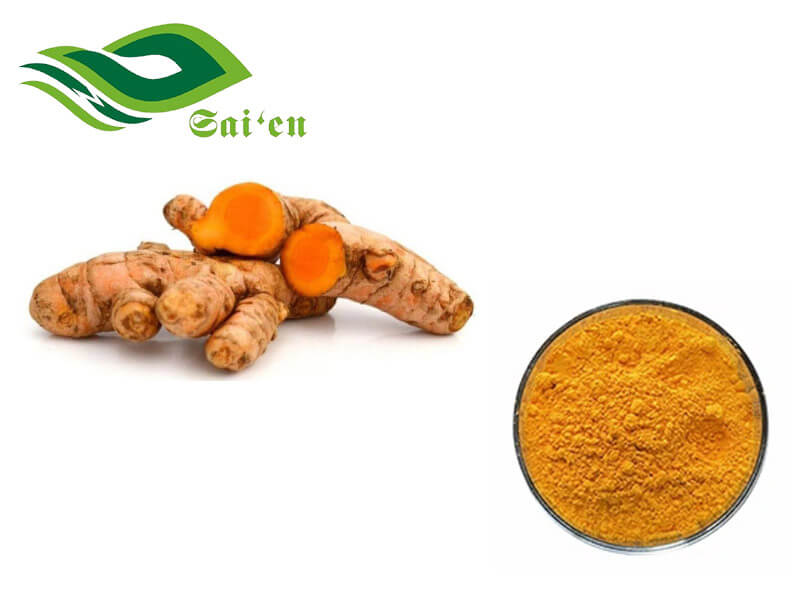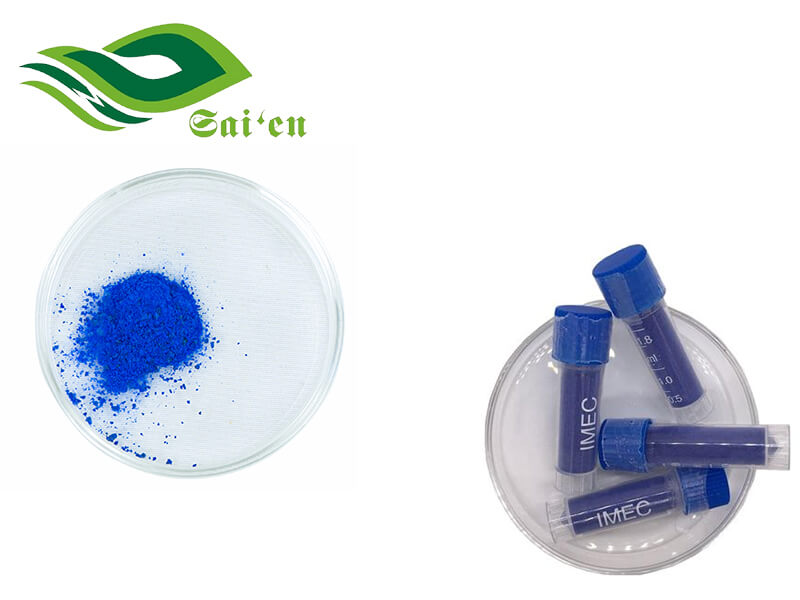Dihydroberberine and berberine are both natural compounds derived from the Berberis plant, known for their powerful health benefits. Berberine has long been praised for its ability to support healthy blood sugar levels, improve insulin sensitivity, and promote overall metabolic health. However, recent research suggests that dihydroberberine, a more bioavailable form of berberine, offers even greater effectiveness in these areas. Due to its enhanced absorption, dihydroberberine may deliver faster and more potent results, making it a preferred choice for many. In this article, we’ll explore the key differences between these two compounds, including their impact on blood sugar control, metabolism, and overall health. We’ll also examine the potential side effects, dosage recommendations, and which compound may be better suited to your specific health needs. By the end, you’ll have a clearer idea of which option is more effective for your wellness goals.
Overview of Dihydroberberine and Berbertine
Dihydroberberine and berberine are powerful natural compounds that support metabolic health, regulate blood sugar levels, and promote overall wellness, making them valuable additions to your health regimen.
What is Berberine?
Berberine is a naturally occurring alkaloid found in several plants, particularly the Berberis species. It has been used for centuries in traditional medicine for its diverse health benefits. Most notably, berberine is recognized for its ability to help regulate blood sugar levels, improve insulin sensitivity, and support heart health. It works by activating AMPK (adenosine monophosphate-activated protein kinase), a key enzyme that regulates energy production, fat metabolism, and glucose levels. Despite its effectiveness, berberine has relatively low bioavailability, meaning the body absorbs and utilizes only a small portion of it, which can limit its effectiveness.

Here are some benefits of it:
- Blood sugar regulation
- Improved cholesterol levels
- Weight loss and fat metabolism
- Supports gut health
- Improved heart health
- Anti-inflammatory effects
- Liver health support
- Antioxidant benefits
- Potential cancer prevention
- Improved mental clarity and cognitive health
What is Dihydroberberine?
Dihydroberberine, a more bioavailable derivative of berberine, has gained attention for its enhanced potency. By undergoing a chemical modification, dihydroberberine offers better absorption and quicker, more sustained results compared to regular berberine. It maintains the same benefits—such as supporting healthy blood sugar levels and improving metabolic health—but with greater efficiency. This increased bioavailability means that lower doses of dihydroberberine may deliver similar or better results than higher doses of berberine, making it a promising alternative for those seeking better therapeutic outcomes with fewer side effects.
Here are some benefits of it:
- Enhanced blood sugar regulation
- Improved insulin sensitivity
- Better absorption and bioavailability compared to berberine
- Supports weight loss and fat metabolism
- Promotes heart health by improving cholesterol levels
- Anti-inflammatory effects
- Supports liver health
- Helps manage metabolic syndrome
- Antioxidant benefits
- Supports cognitive function and brain health
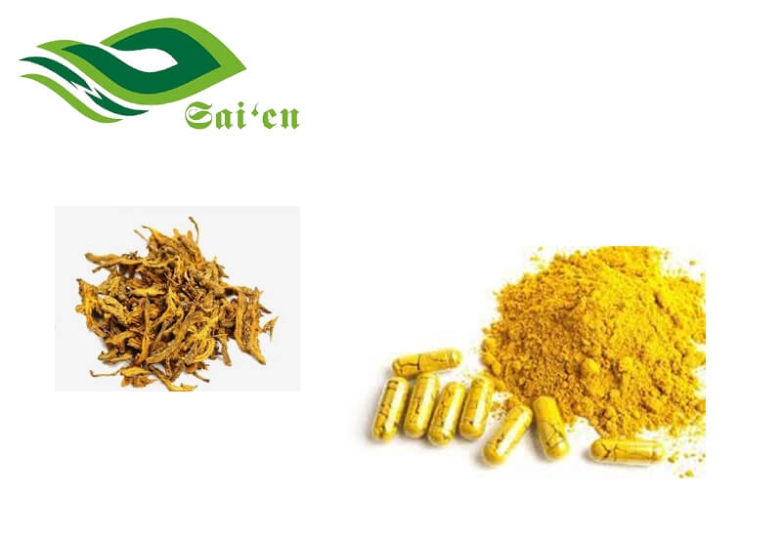
Differences Between Dihydroberberine and Berberine
While Dihydroberberine and Berberine share many health benefits, their differences in bioavailability, potency, and effectiveness can make a significant impact on their results. Here's a closer look at how the two compare.
Bioavailability
The most significant difference between Dihydroberberine and Berberine is bioavailability. Dihydroberberine is absorbed more easily by the body, which makes it more effective even at lower doses. This enhanced bioavailability allows Dihydroberberine to deliver faster and more sustained results compared to Berberine.
Potency
Due to its superior absorption, Dihydroberberine is considered more potent than Berberine. It requires smaller doses to achieve similar or even better therapeutic effects. This helps minimize the risk of side effects, such as digestive discomfort, which are often associated with higher doses of Berberine.
Absorption Rate
Dihydroberberine is metabolized more efficiently and stays in the bloodstream longer, providing a sustained effect. In contrast, Berberine has a lower absorption rate and may require more frequent dosing to maintain the same level of effectiveness.
Side Effects
Berberine can lead to gastrointestinal problems like bloating or diarrhea, especially when taken in larger doses. Dihydroberberine, due to its superior absorption and lower required dose, generally causes fewer side effects.
Health Benefits
Both Dihydroberberine and Berberine offer similar health benefits, including regulating blood sugar levels, improving metabolism, and supporting cardiovascular health. However, Dihydroberberine is more efficient, with a quicker onset and longer-lasting effects, making it the preferred option for many users.
Here's a chart to clearly illustrate the differences between Dihydroberberine and Berberine:
| Aspect | Dihydroberberine | Berberine |
| Bioavailability | Higher bioavailability, more easily absorbed | Lower bioavailability, less efficiently absorbed |
| Potency | More potent, effective at lower doses | Less potent, higher doses needed for similar effects |
| Absorption Rate | Metabolized more efficiently, longer lasting | Lower absorption rate, shorter duration of effects |
| Side Effects | Fewer side effects due to better absorption | Can cause digestive issues like bloating and diarrhea, especially at higher doses |
| Health Benefits | Faster onset, sustained effects, similar benefits | Provides similar benefits but may require more frequent dosing due to lower bioavailability |
Dihydroberberine and Berberine as Supplements in Products
When choosing between Dihydroberberine and Berberine as active ingredients in supplements, their differences in bioavailability, potency, and effectiveness make Dihydroberberine a more attractive option for many manufacturers. Both compounds have similar health benefits, but how they work in the body—and how they are formulated in products—can greatly impact their effectiveness.
Dihydroberberine in Supplements
As a supplement, Dihydroberberine offers a distinct advantage due to its high bioavailability. This means that Dihydroberberine is absorbed more efficiently by the body, allowing it to deliver quicker and more sustained results even at lower doses. Because it requires smaller amounts for similar or superior effects, Dihydroberberine is especially beneficial in supplement formulations that aim to minimize side effects (such as digestive discomfort). It also has a longer-lasting effect, meaning users might experience more consistent benefits with less frequent dosing.
Berberine in Supplements
Berberine has been a staple in health supplements for years, particularly for blood sugar control, metabolic support, and weight management. However, Berberine is less bioavailable, meaning it is not absorbed as efficiently as Dihydroberberine, often requiring higher doses to achieve the same therapeutic effects. This can lead to an increased risk of gastrointestinal discomfort, such as bloating, cramps, or diarrhea, especially with long-term use. Despite these potential side effects, Berberine remains a widely-used ingredient in supplements because of its proven effectiveness in managing blood sugar levels and supporting cholesterol and heart health.
Which is Better for Supplement Formulation?
Given its higher potency and lower required dose, Dihydroberberine is increasingly being chosen as the preferred active ingredient in modern supplement formulations. It allows manufacturers to create products that deliver faster results with fewer side effects, which is particularly important in markets that prioritize user comfort and efficacy. However, Berberine still remains a strong contender, especially in traditional formulas, and is often favored in supplements targeting metabolic support, cholesterol control, or antioxidant activity.
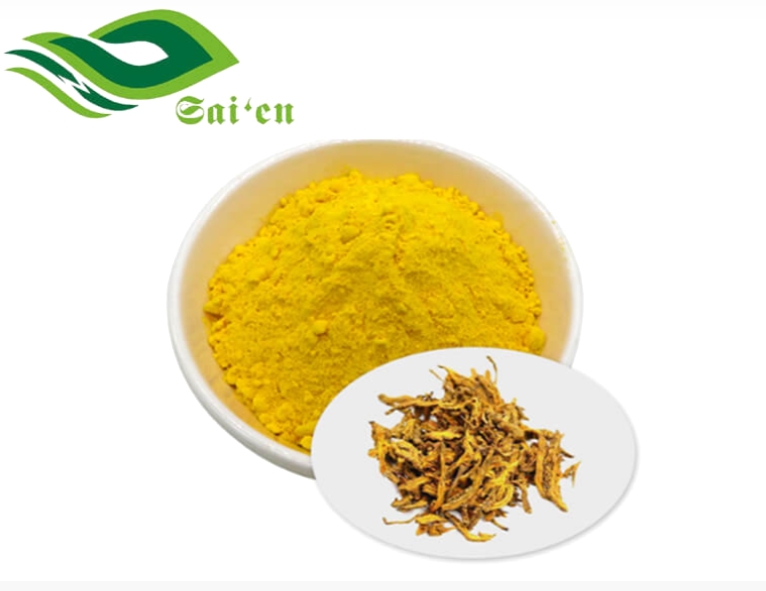
Is Dihydroberberine Better than Berberine for Blood Sugar Control, Diabetes, and Weight Loss?
When it comes to managing blood sugar levels, diabetes, and weight loss, both Dihydroberberine and Berberine offer significant benefits. However, Dihydroberberine may provide superior results due to its enhanced bioavailability and potency. Here’s how both compare in these key areas:
Blood Sugar Control and Diabetes
Both Dihydroberberine and Berberine are known to help regulate blood sugar levels and improve insulin sensitivity, making them valuable for individuals with type 2 diabetes or those at risk. However, Dihydroberberine has a notable edge due to its better absorption. Studies show that Dihydroberberine reaches the bloodstream more effectively, resulting in more efficient blood sugar control with lower doses. In contrast, Berberine tends to have a lower absorption rate, which may require higher doses to achieve the same effect, potentially increasing the risk of side effects.
Weight Loss
Both compounds support weight loss by improving insulin sensitivity, boosting metabolism, and enhancing fat oxidation. However, because Dihydroberberine is more bioavailable, it works faster and more effectively at reducing body fat and stabilizing blood sugar levels, both of which play a key role in weight management. Berberine, though effective, may take longer to show noticeable results, as it needs higher doses to produce the same benefits, and this could also lead to more digestive discomfort.
Effectiveness and Safety
Due to its higher potency and lower required dose, Dihydroberberine generally causes fewer side effects compared to Berberine. It is less likely to cause gastrointestinal issues like bloating or diarrhea, which are more common with higher doses of Berberine. As a result, individuals may find Dihydroberberine a more comfortable and sustained option for managing blood sugar levels and weight loss.
Conclusion: Choose the Best Dihydroberberine at Saienbiotech
For manufacturers seeking high-quality Dihydroberberine powder, Saien Biotechnology is the trusted partner you need. With exceptional purity exceeding 97%, rigorous quality control, and superior stability, our Dihydroberberine ensures outstanding results for your products. We prioritize your production efficiency with a consistent and reliable bulk supply, ensuring on-time delivery to keep your operations running smoothly. Our compliance with global industry standards, including GMP and ISO certifications, guarantees that your formulations meet international safety and quality requirements. Additionally, we offer tailored solutions to meet your unique needs, whether it’s custom packaging or specific formulations for capsules, tablets, or powders.
FAQs
What quality standards should Dihydroberberine powder meet?
Dihydroberberine powder must meet strict quality standards, including ≥98% purity, microbiological testing, and heavy metal testing. It also requires GMP certification and third-party testing to ensure safety and consistency.
Does Saienbiotech offer tailored packaging or formulation services for Dihydroberberine powder?
Yes, Saienbiotech provides customizable solutions, including bulk order sizes, tailored packaging, and OEM/ODM services to meet the unique needs of supplement formulations.
What certifications does your Dihydroberberine powder hold?
Our Dihydroberberine powder complies with GMP, ISO 9001, and ISO 22000 standards. It also adheres to USP and EU health supplement regulations.
Is your Dihydroberberine powder free from heavy metals and contaminants?
Yes, the powder undergoes rigorous testing for heavy metals, microbial contamination, and other impurities to ensure superior safety and quality.
What are the applications of Saienbiotech’s Dihydroberberine powder?
Our Dihydroberberine powder is commonly used in supplements for blood sugar regulation, metabolic health, weight management, and cardiovascular support.

